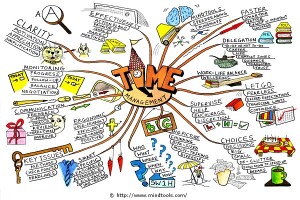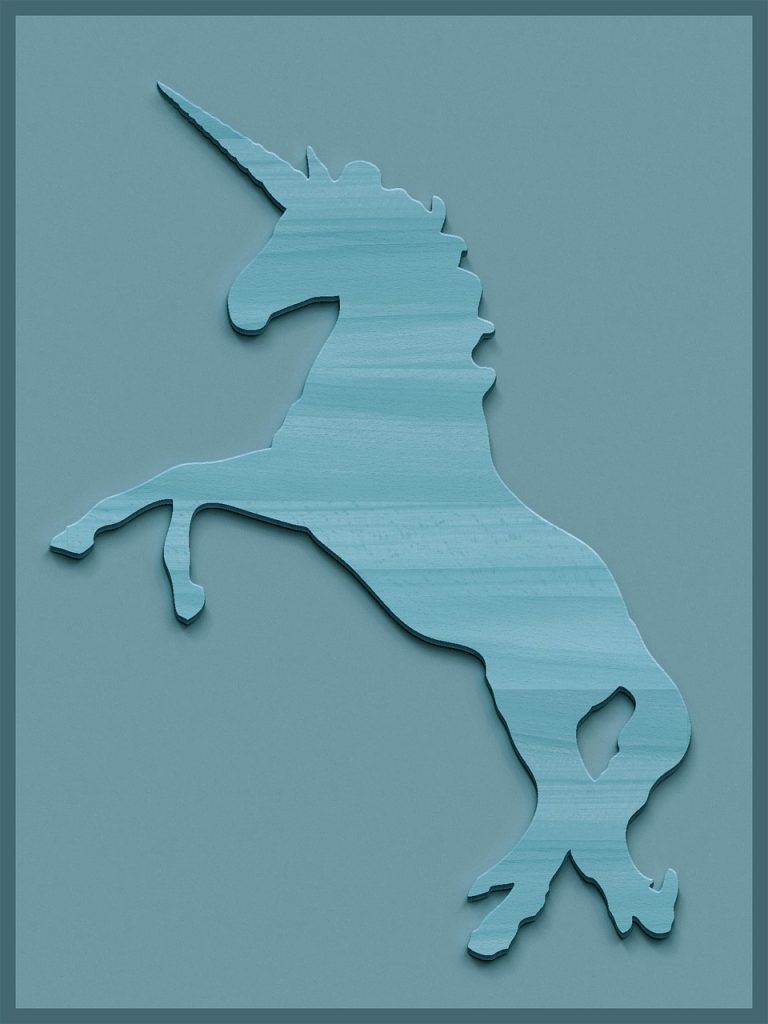
My team, this week will be our organization’s annual fundraising event. These three words have struck fear into the hearts of even the bravest of us since the beginning of time.
The intensity of the past fortnight must be acknowledged. I see it on your weary faces, gaunt from lack of sleep, haunted by endless tasks, by worst-case scenarios, and by the merciless passage of the hours. I see it on your hands, marked by papercuts from sponsorship packets and development committee meeting agendas. I hear it on your voices, made frail by hours of phone calls to vendors, guests, volunteers, and the Liquor License Board.
No one would think less of you for admitting that you feel some trepidation now, at this moment, three days before the culmination of all our hard work for the past seven months. I, too, am nervous, and during my own slumberless nights, I confess that I sometimes envision running off into the wilderness to live as a hermit, surviving with small woodland creatures I’ve befriended who help me gather berries and mushrooms. I would have a pet chipmunk named Mr. Squeaken, and Mr. Squeaken and I would live a simple existence in the forest, away from speeches and auctions and check-out lines.
It is OK and normal for all of us to feel nervousness and even fear at this time. For the things in life that are most worth doing will usually be the hardest. We as human beings all feel fear at various points in our lives. But did fear stop Sir Edmund Hillary? Did fear stop Lewis and Clark? Did fear stop the Wright Brothers? No! They ALL had to plan at least one annual fundraising event, and they did fine. Yes, Sir Edmund Hillary also had challenges with the registration line. And we all know Lewis and Clark’s “Hot Soup Dash” resulted in minor injuries to many guests, and thus everyone now does “Dessert Dash” instead. Despite these challenges, their events were successful.
I know then, from history, that our event will be OK. In fact, it will be awesome. It will be awesome because the work we do to lift up families and communities is important and this event is toward furthering this goal. It will be awesome because our supporters are some of the most generous and understanding and good-looking people ever and they will forgive minor mistakes. It will be awesome because it has been getting more and more awesome every year since we started doing this.
As importantly, it will be awesome because we are us. Look around you. Are these not some of the most brilliant and talented people you have ever worked with? Is this not the most dedicated Development Director and Development Committee and board members ever? Sure, we are slightly disheveled after moving large pieces of decoration and picking up 40 vases and whatnot, and the stubbed toes and carpal tunnel don’t help. And James, you should see a doctor about your twitching eye. But we are a team, an amazing team, and if anyone can pull this off, it will be us.
The next three days will be more intense than ever. Last-minute registrations will come in, and we will be spending hours figuring out which table is placed where. Some people will cancel. Some sponsors won’t be able to fill their seats and we will rush to fill them. Critical volunteers may come down with the stomach virus and not be able to help. There will always be a case of stomach virus at this time. Desperate calls will be made. There may be some crying in the fetal position, but I will try to control myself. The office will be packed with crap. Many of us will stay late preparing logistics while listening to 90’s hip-hop. During these next three days, we must be patient with and supportive of one another, even of those coworkers who keep playing Dave Mathews Band’s “Proudest Monkey” over and over again, arguably one of the dumbest songs ever written, for God’s sake!
But it will all be worth it. Our students and families and community depend on our programs. We will have an incredible event, an event for the history books, an event that we will tell our grandkids about. Long after we are all gone and time has erased our footprints and other traces of our lives, people will still be talking about this day. And they will say, “Those folks at that organization, they did good. I’m glad my grandparents raised their paddle.” Then they will hop on their hover board and fly off to the moon or something.
So have heart. We now stand on the threshold of awesome, and this week we will cross it. We will do so because we are us, and we always get stuff done. You may feel stress and trepidation now, but remember the inspiring words of Franklin D. Roosevelt. He said, “The only thing we have to fear…is probably audiovisual glitches. That $#!% will seriously mess up your event.”
—
Make Mondays suck a little less. Get a notice each Monday morning when a new post arrives. Subscribe to NWB by scrolling to the top right of this page and enter in your email address





